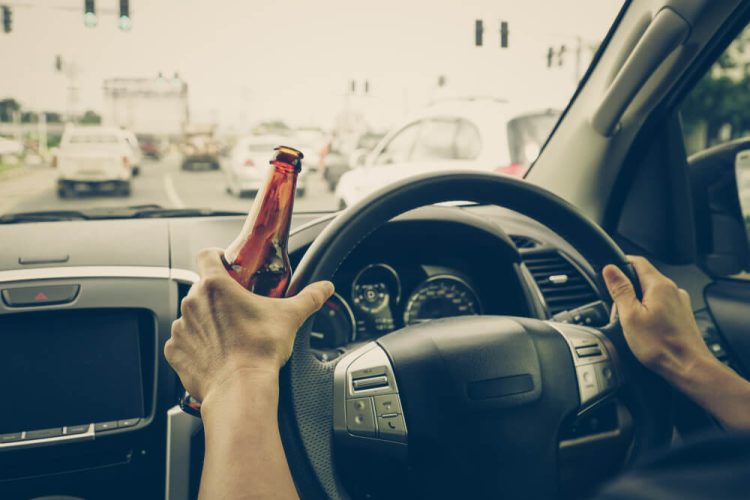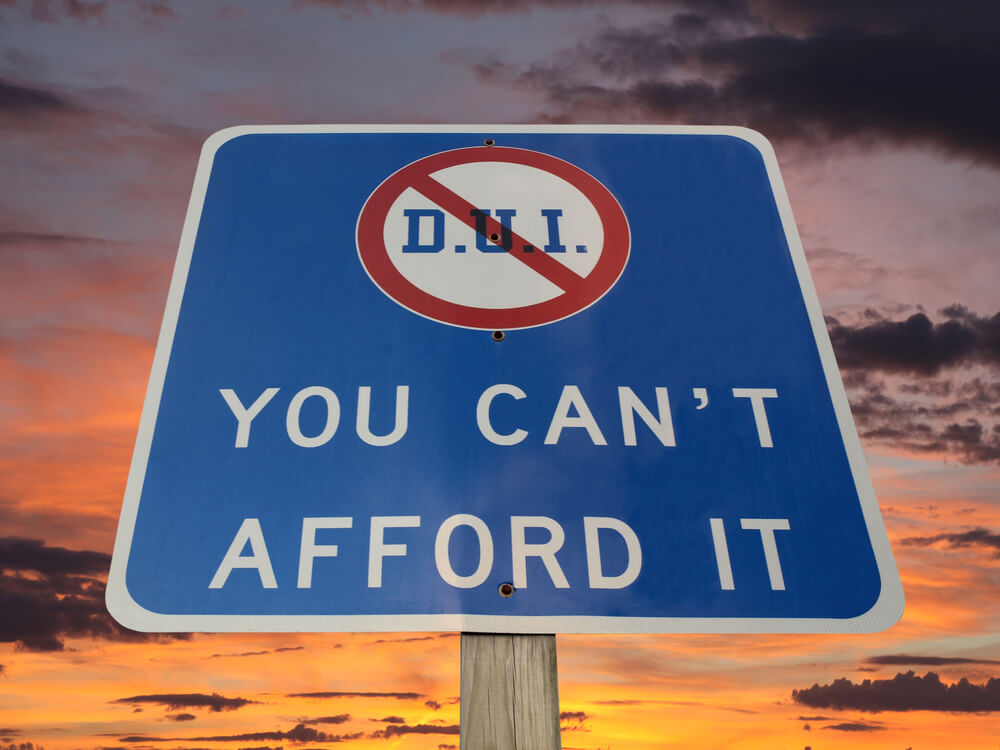
If you’ve ever been pulled over for suspicion of impaired driving, you’ve probably heard the terms DWI or DUI. Driving While Intoxicated (DWI) and Driving Under the Influence (DUI) are sometimes used interchangeably but have distinct differences and implications for insurance rates and legal consequences. Freeway Insurance provides guidance on how states handle these offenses and how affordable SR-22 insurance can help high-risk drivers regain coverage.
Defining DUI and DWI: A Primer
The terms DWI and DUI have different legal definitions depending on the state. Understanding these distinctions helps clarify how each offense is treated under the law.
- Driving While Intoxicated (DWI) usually refers specifically to operating a vehicle while under the influence of alcohol. It is a more narrowly defined charge in many states compared to DUI, which can include both alcohol and drugs.
- Driving Under the Influence (DUI) typically refers to being impaired by alcohol or drugs (including prescription medication) while operating a vehicle. DUI offenses can also involve a broader range of substances that can impair a person’s ability to drive safely.
Though these terms seem interchangeable, the differences lie in how each state applies these charges. The key difference often lies in the specific legal language used in statutes and the level of impairment required to meet the thresholds for each offense.
Statutory Amendments and New Mandates
In recent years, some states have amended their DUI and DWI laws to reflect the increasing awareness of impaired driving due to substances beyond alcohol—particularly drugs like marijuana or prescription medications. As such, the term DUI has become more comprehensive in states where it includes both alcohol and drugs.
For instance, in states like Texas, DWI is the primary charge for alcohol-related impairment, while DUI refers specifically to a charge for underage drivers who are caught driving with any detectable amount of alcohol in their system (even if it doesn’t impair their ability to drive). In contrast, many states, like California, use DUI to cover both alcohol and drugs.
State-by-State Variations
The precise definitions of DWI and DUI vary greatly depending on where you live. Understanding the nuances of your state’s laws is crucial because the penalties and legal procedures can differ significantly.
In New York, for example, charges related to impaired driving are referred to as DWI, which covers both alcohol and drug impairments. Alternatively, in Florida, DUI is the legal term for impaired driving offenses, encompassing both alcohol and drugs.
Knowing how your state defines DWI vs DUI can help you understand potential consequences and penalties. Some states also require mandatory programs, such as DUI education courses, which may help reduce the long-term impact of a conviction.

Testing Procedures and Their Impact
Another significant difference between these charges often comes down to DWI vs DUI testing. In most cases, law enforcement officers will use breathalyzer tests, blood tests, or field sobriety tests to determine if you are impaired.
- Breathalyzer tests are commonly used to test for alcohol levels. A reading of 0.08% blood alcohol concentration (BAC) or higher typically leads to DUI or DWI charges, depending on the state.
- Blood tests may be used when drugs are suspected or more precise measurements of alcohol content are necessary.
- Field sobriety tests assess coordination, balance, and ability to follow directions. These tests are subjective, and officers rely on their judgment to decide whether a driver is impaired. In some instances, dash cam footage has been used to reevaluate the field sobriety test outcome.
The consequences of failing these tests can vary depending on your state’s laws and your previous DWI vs DUI records. Penalties include, but are not limited to:
- Jail time
- Monetary fines
- Suspension of license
- Mandatory SS-22 insurance or DUI insurance
- Probation and/or community service
- Mandatory DUI or DWI education courses
In many places, even refusal to undergo these tests can result in penalties, as most states have implied consent laws. Under implied consent, drivers automatically consent to testing if suspected or arrested for DUI/DWI. If you have a history of refusal, it may also factor into your penalties.
Consequences Beyond the Courtroom
A DUI or DWI conviction can lead to far-reaching consequences that go beyond courtroom penalties. The aftermath often involves significant financial and personal repercussions, particularly for drivers with past infractions, bad credit, or a history as a high-risk driver. Some of the common consequences include:
- License suspension or revocation: Depending on your state and the severity of your offense, you may lose your driving privileges for a significant period of time. Repeat offenders or those with higher BAC levels face longer suspensions.
- Higher insurance premiums: Once convicted, you’ll likely face increased car insurance rates due to your new classification as a high-risk driver. This can be a significant burden, especially if you’re already dealing with poor credit or financial instability.
- Mandatory SR-22 insurance: An SR-22, sometimes referred to as DUI insurance, is a form that certifies you have the required insurance coverage after a DUI or DWI conviction. It’s often required for high-risk drivers looking to reinstate their driving privileges. If you’re in this situation, consider Freeway’s SR-22 insurance options to help get your license back.
Need Cheap SR-22 Insurance? Find Out More from Freeway
A DUI or DWI conviction may require an SR-22 insurance form before you can drive again. Freeway Insurance knows how stressful these situations can be, especially with financial concerns or a challenging driving record. We provide budget-friendly insurance options that meet state requirements while keeping costs manageable.
Call 800-777-5620 today to explore affordable SR-22 insurance and get back on the road with confidence.



